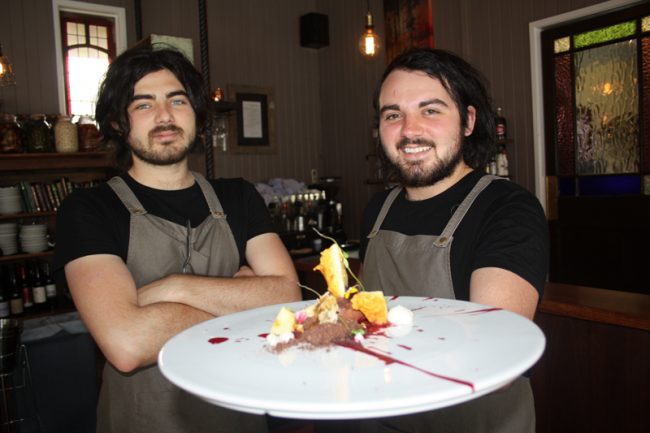Great expectations: Lost or won?
I usually write from the perspective of the leader and not from one who is being led. We are all led by others, no matter what leadership position you are in, including me. So what happens when when trust in my leader is broken? What should be my response?
I know what it feels like when trust is broken. For me it begins with a feeling of disappointment, and if not fixed quickly, the feelings escalate to a deep hurt and even anger.
I could go through the 10 leadership practices that engender trust and point out which ones he/she failed to employ in his/her leadership of me.
I could let my feelings consume me and destroy any possibility for reconciliation.
I could continue to scrutinise my leader’s actions, looking for further confirmation of their ‘inadequacy’ to reinforce my disappointment and to build myself up by saying, ‘I’d never lead like that’.
I could respond with any one, or all of these, but ultimately, they aren’t really helpful. None will have a particularly positive impact on my wellbeing (which ultimately I am responsible for), nor will they have a positive impact on the organisation I work for.
As a follower I have a responsibility in what is a broken relationship. In the words of the wise “Trust Lady” Vanessa Hall, my expectations of my Leader have not been met. For me to trust someone I have to know that they care for me deeply. So, have I told them what my expectations of them as a leader are?
Truly great leaders get to know the people they lead so they can employ the appropriate leadership practice to engender each individual follower’s trust. But when a leader has responsibility for a lot of people, or the location of their office means that they rarely have an opportunity to get to know the people they lead, it is hard for them to know what a person’s expectations are.
When trust is broken, I could meet my leader and use the ‘I’ word in my sentences, “I am feeling…”, but what is more helpful is to say, “my expectations are… I need you to lead me like…”
Give your leader a chance. They aren’t mind readers. They don’t intend to be poor leaders, or mean to leave you feeling hurt and angry. True leadership is a relationship. If no one is following, the other isn’t leading.

